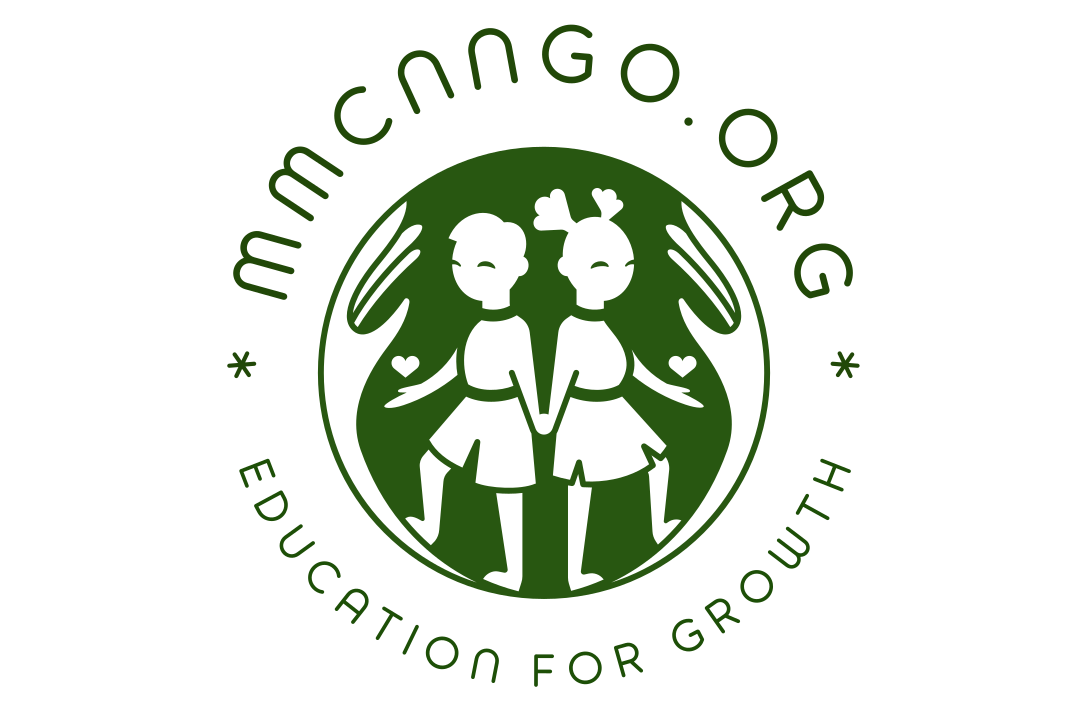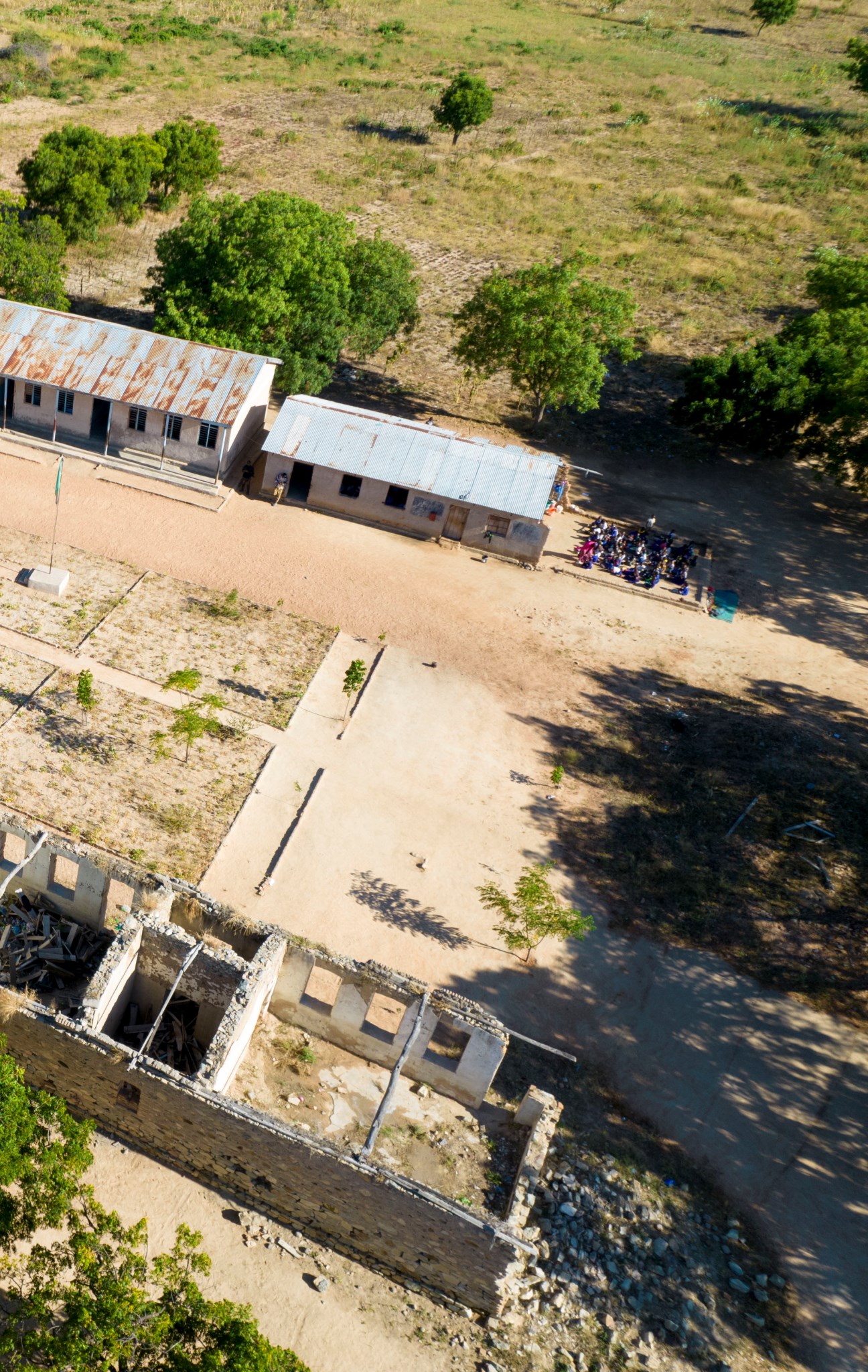Information About The Income Generating Activities (IGA) Project
Purpose Statement
Small industries, farmer groups, individual entrepreneurs, and trainers of trainers (TOT) face significant challenges in improving agricultural productivity and processing techniques. Many lack access to modern farming methods, efficient processing technologies, and the technical expertise necessary to enhance output and sustainability.
By collaborating with local government authorities and agricultural experts, this project aims to:
- Improve Farming Techniques: Equip farmers with knowledge on sustainable agriculture, advanced planting methods, and better resource management to increase productivity.
- Enhance Processing Industries: Support small industries in adopting modern processing technologies that maximize efficiency and product value, ultimately boosting market competitiveness.
- Strengthen Capacity Building: Provide training programs for TOTs to ensure knowledge transfer and skill development within communities, fostering self-sufficiency and long-term growth.
- Encourage Collaboration: Engage key stakeholders, including government agencies, to create policy alignment, resource mobilization, and technical support systems that enhance the project's success.
Through these targeted interventions, the project will create lasting improvements in agricultural production, economic opportunities, and community resilience, contributing to sustainable livelihoods and food security.
Project Description
This project is designed to empower small industries, farmer groups, individual entrepreneurs, and trainers of trainers (TOT) by enhancing agricultural production and processing techniques. Many small-scale farmers and businesses face challenges in accessing modern methods, efficient technologies, and expert guidance necessary for sustainable growth.
Through collaboration with local government agencies and agricultural specialists, the project will focus on:
- Improving Farming Techniques: Providing training and resources to enhance crop productivity, soil management, and sustainable agricultural practices.
- Advancing Processing Industries: Supporting small industries with modern processing technologies to improve efficiency, product quality, and market readiness.
- Capacity Building for Trainers: Equipping TOTs with specialized knowledge and tools to facilitate knowledge transfer within farming communities.
- Government & Expert Collaboration: Engaging local authorities and agricultural experts to ensure policy alignment, technical guidance, and resource accessibility for long-term impact.
By addressing these key areas, the project aims to strengthen local economies, improve food security, and create lasting opportunities for small-scale enterprises and farmers.
Project Timeline
This project is set to unfold over a span of three years, beginning on the April 2024 and concluding on the June 2028
Expected Impact Statement
This project is expected to bring significant improvements to small industries, farmer groups, individual entrepreneurs, and trainers of trainers (TOT) by enhancing agricultural practices, processing techniques, and overall productivity. The anticipated impact includes:
- Improved Agricultural Productivity: Farmers will gain access to modern techniques, better resource management strategies, and advanced training, leading to increased crop yields and sustainable farming methods.
- Strengthened Processing Industries: Small industries will benefit from improved processing technologies, enhancing product quality, efficiency, and competitiveness in the market.
- Enhanced Capacity Building: Trainers of trainers (TOT) will be equipped with the necessary knowledge and tools to facilitate skill development within communities, ensuring long-term agricultural and industrial growth.
- Collaboration with Key Stakeholders: By working closely with local governments and agricultural experts, the project will align with regional development goals, ensuring policy support, technical expertise, and resource availability.
- Economic Empowerment: Improved farming and processing methods will lead to better income opportunities for individuals and small businesses, fostering community resilience and financial stability.
Through these initiatives, the project aims to create a lasting impact by promoting sustainable agricultural practices, strengthening local industries, and fostering economic growth across targeted communities.
Most Related
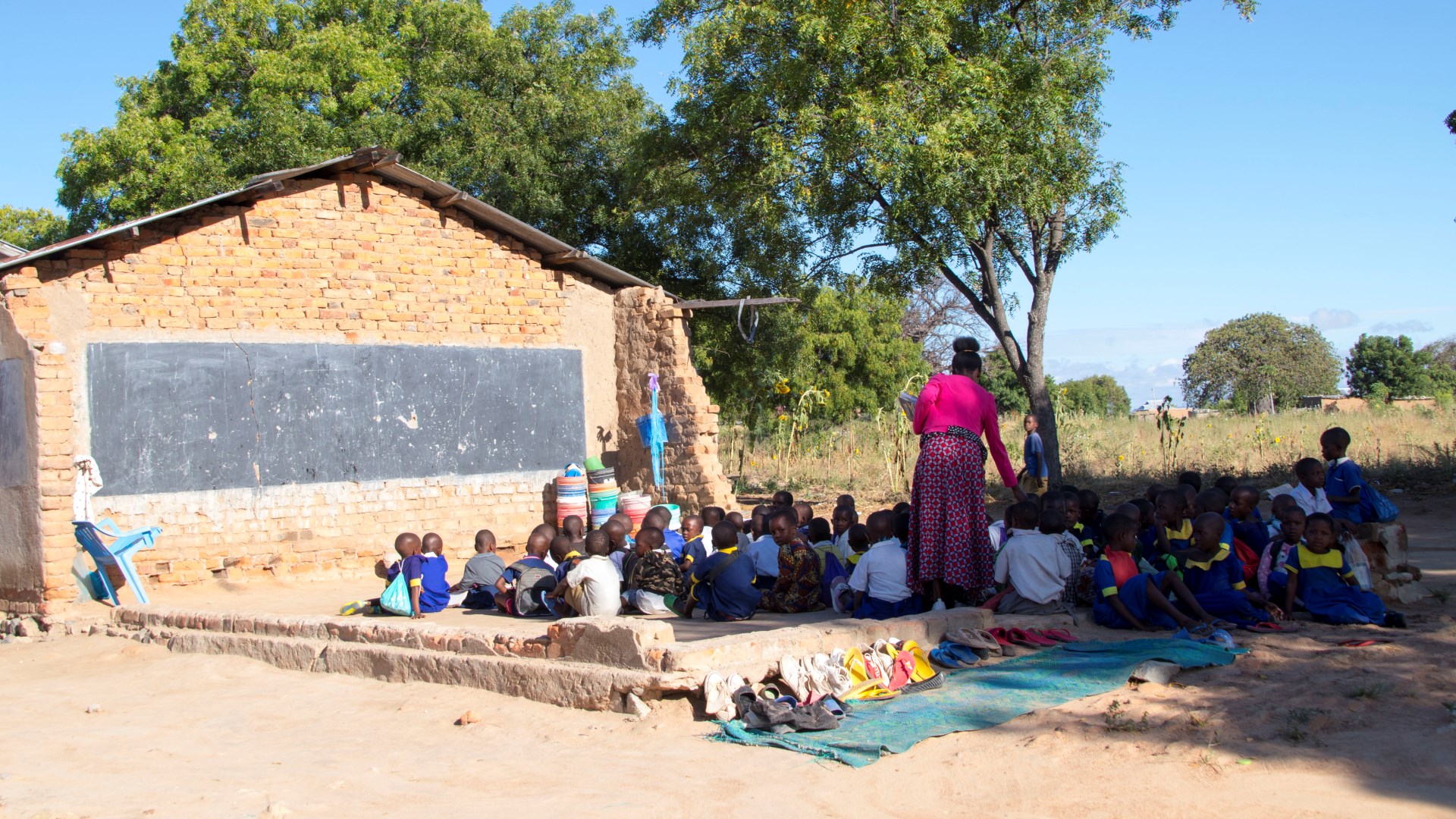
The Education For Growth Project
Primary School Pupils Be Taught while siting Outside on the floor after their clasroom collapsed
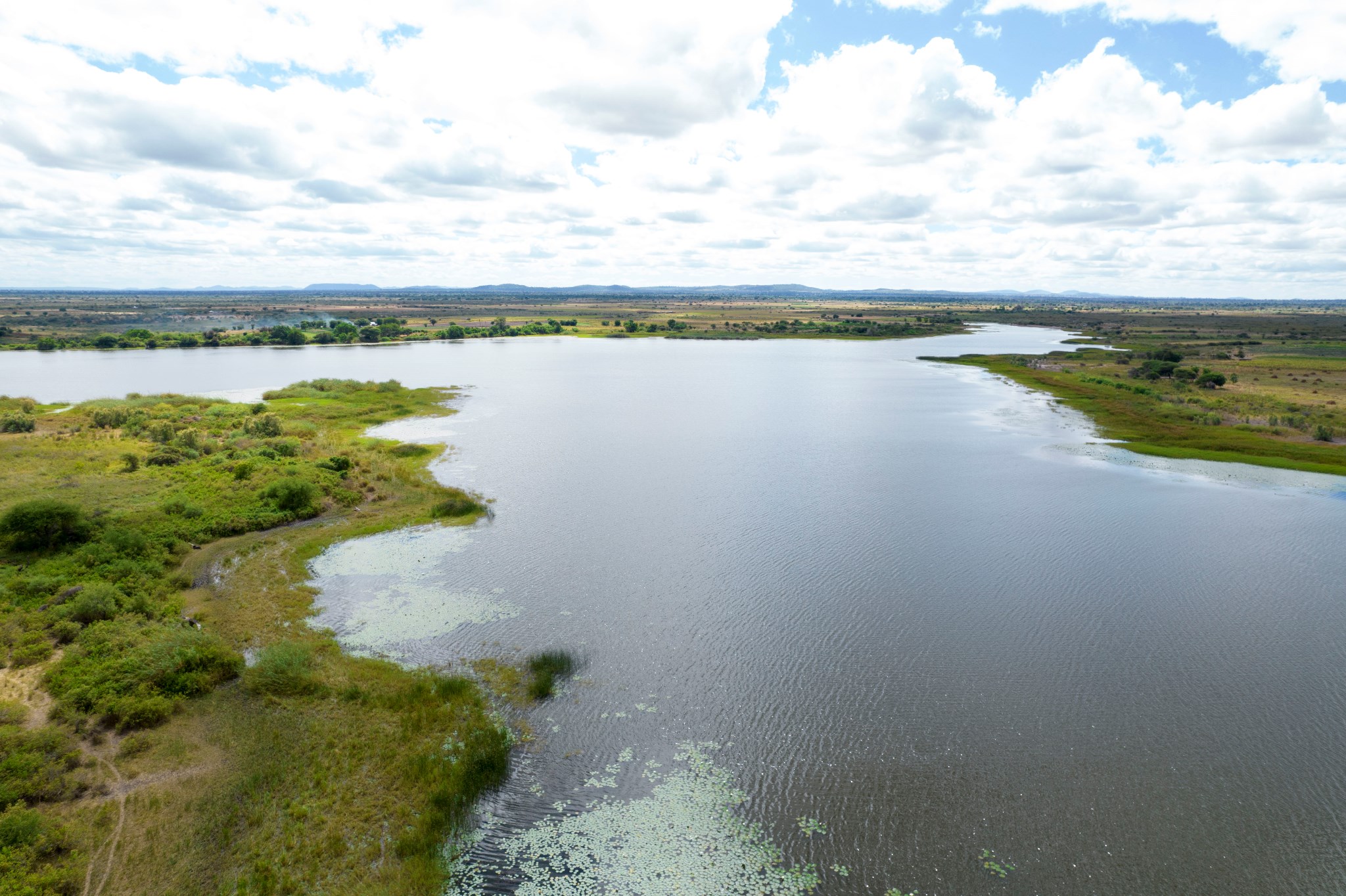
Water Supply Project
Nondwa Village faces severe challenges due to the scarcity of water, negatively impacting daily life, education, and overall community well-being. The primary water source, a dam located four miles away, forces mothers to spend significant time fetching water,...
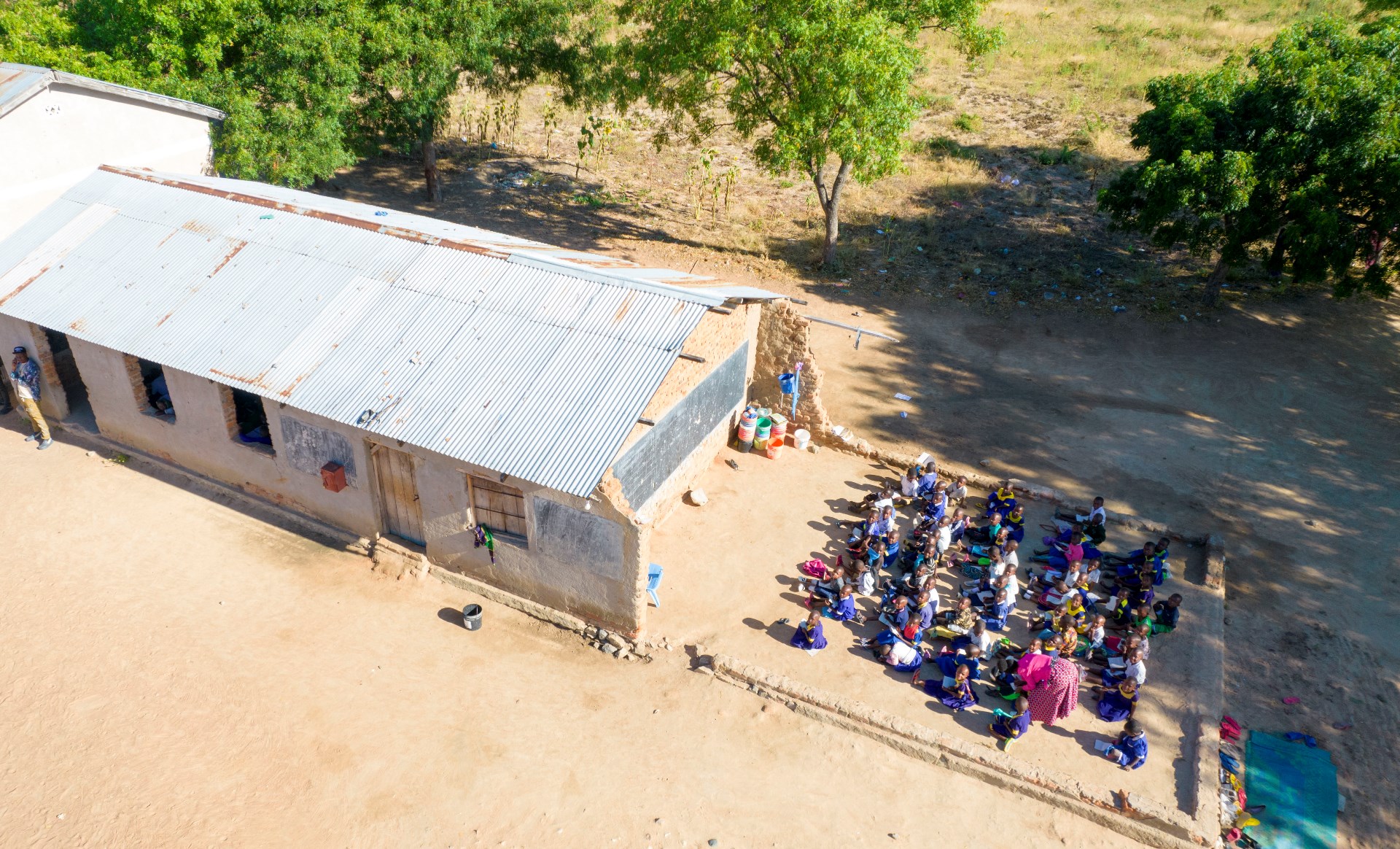
Tree Planting Project
The village and surrounding areas face severe environmental challenges due to dry conditions and a lack of trees. This scarcity of greenery negatively impacts soil fertility, biodiversity, air quality, and overall climate resilience, making daily life more difficult...
